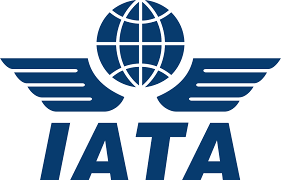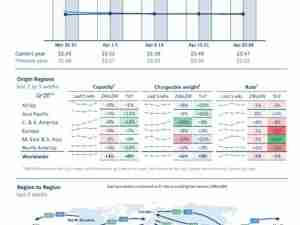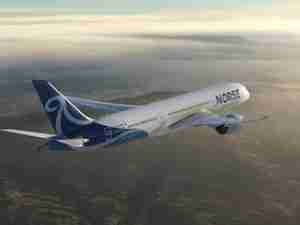The airline industry should prepare for chaos if no trade agreement is signed in the coming weeks for the U.K.’s planned split from the European Union, the head of the sector’s trade body has warned.
The International Air Transport Association detailed its concerns in a report published Wednesday on Brexit. These include airline landing rights in the U.K., pilot licenses and the trade of aircraft parts across borders.

“There are loads of technical issues that are absolutely key to ensure efficient, smooth air traffic that are not solved and that should be solved,” IATA Chief Executive Officer Alexandre de Juniac said in a conference call.
The warning comes on the heels of another by the U.K. government last month that flights may be grounded if the European Union doesn’t grant reciprocal approvals to its planes and airlines in the event of a no-deal Brexit before the March 29 divorce. The U.K. will continue to recognize European Aviation Safety Agency certifications for up to two years after that date.
IATA said it’s being left out of negotiations between the U.K. and European Commission and is calling for advanced notice of any agreements.
‘Nightmare’
“If nothing is done, it will be a nightmare for European and U.K. airports, for passengers and for us,” De Juniac said. “Selling tickets that we are not totally sure if we are able to fulfill is starting to get slightly worrisome for us—and that’s me trying to be polite!”
The worst-case scenario detailed in IATA’s report is “the unlikely event of a total loss of goodwill between the U.K. and EU, as well as each of the member states.” In that case, fewer than 5 percent of weekly flights operating between the U.K. and Spain would be allowed and at least 1,000 flights per week between the U.K. and five countries in the EU would be wiped out.
In the absence of a Brexit deal, there will be no time to negotiate a comprehensive Air Services Agreement between the EU and U.K. and it is assumed that a ‘bare-bones’ accord will be implemented to ensure at least a basic level of air connectivity, IATA said. This could contain a wide-range of restrictions on market access and other regulations.








